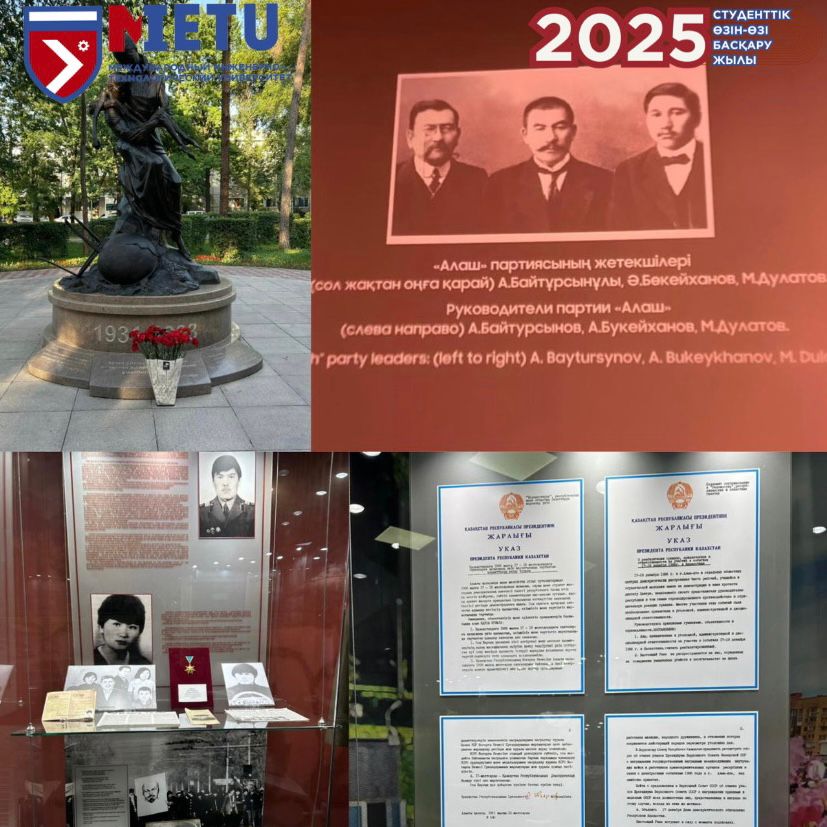
May 31 is a
solemn day on which every citizen must honor the memory of the innocent victims
of the famines of 1921–1922 and 1931–1933, as well as the political repressions
of the 1920s to 1950s. As President of the Republic of Kazakhstan Kassym-Jomart
Tokayev emphasized: "This is not only a duty of the state, but also a
moral obligation of society."
According to official
statistics, approximately 100,000 people were convicted during the years of
repression in Kazakhstan, more than 20,000 of whom were executed. Victims
included representatives of the Kazakh national elite, intellectuals, and
spiritual leaders. Among them were Alikhan Bokeikhanov, Akhmet Baitursynov,
Myrzhakyp Dulatov, Mukhamedzhan Tynyshpaev, Magzhan Zhumabayev, Saken
Seifullin, Sultanbek Khodzhanov, Sanzhar Asfendiyarov, and many others.
During the years of famine,
estimates suggest that between 2.5 and 4 million people perished.
On November
24, 2020, by Presidential Decree, the State Commission for the Full
Rehabilitation of Victims of Political Repression was established. It brought
together 425 scholars, researchers, and experts from across the country, who
carried out extensive archival research in all regions of Kazakhstan. As a
result of the Commission’s systematic and comprehensive work, more than 2.6
million documents and materials were declassified, and over 311,000 victims
were rehabilitated. Over 30 volumes of materials compiled by the Commission
have been published, with a total of 72 volumes planned.
Research
efforts continue today through the Center for the Study of 20th Century
Political Repression Materials, which was opened in 2021. The Center is engaged
in digitizing documents, building electronic archives, and making these
materials available on archival websites.
This vital work aims to
restore historical justice and achieve full rehabilitation for the innocent
victims of mass political repressions.